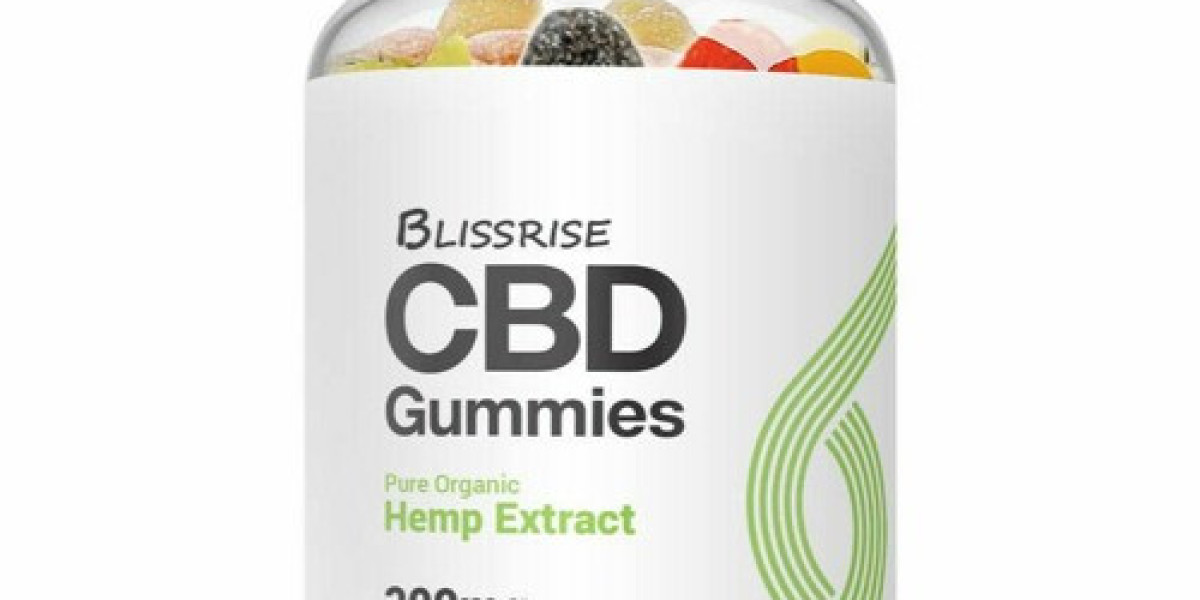Cava, a sparkling wine from Spain, is gaining popularity as an alternative to traditional champagnes and sparkling wines. With its refreshing taste and relatively affordable price, it’s no wonder that people are drawn to this bubbly delight. However, beyond its effervescence and flavor, many wonder about the health implications of drinking cava. In this article, we’ll explore the health benefits and considerations you should be aware of when enjoying this popular beverage.
What is Cava?
Cava is a sparkling wine produced primarily in the Catalonia region of Spain. Made from a blend of indigenous Spanish grape varieties like Macabeo, Xarel·lo, and Parellada, as well as some international varieties, cava undergoes a traditional secondary fermentation process in the bottle, which is what gives it its characteristic bubbles. This process is similar to that used in the production of Champagne.
Health Benefits of Cava
1. Rich in Antioxidants
Cava, like other wines, contains antioxidants that are beneficial for health. These antioxidants include polyphenols, flavonoids, and resveratrol, which are compounds found in grape skins. Antioxidants help to combat oxidative stress and may reduce inflammation in the body, potentially lowering the risk of chronic diseases such as heart disease.
2. Cardiovascular Health
Moderate consumption of cava may have positive effects on cardiovascular health. Studies have shown that the polyphenols in sparkling wines can help improve blood circulation and reduce the risk of heart disease by lowering blood pressure and reducing LDL cholesterol (often referred to as “bad” cholesterol). The presence of these polyphenols in cava can contribute to overall heart health when consumed in moderation.
3. Cognitive Function
Emerging research suggests that moderate alcohol consumption, including cava, may have beneficial effects on cognitive function. The antioxidants in cava might help protect brain cells from damage caused by oxidative stress and inflammation. Some studies suggest that moderate alcohol intake is associated with a lower risk of developing neurodegenerative diseases, though more research is needed to establish a definitive link.
4. Low in Calories and Sugar
Compared to many other alcoholic beverages, cava is relatively low in calories and sugar, especially when compared to sweet wines or cocktails. A standard serving of brut cava typically contains around 90-100 calories and less than 1 gram of sugar per serving. This makes it a preferable option for those who are watching their calorie intake or managing their sugar levels.
Considerations and Risks
1. Alcohol Content and Consumption
While cava can offer some health benefits, it’s essential to consume it responsibly. The alcohol content in cava typically ranges from 11-12% by volume, which can add up quickly. Excessive alcohol consumption is associated with a range of health issues, including liver disease, addiction, and an increased risk of certain cancers. Moderation is key; for most adults, this means up to one glass per day for women and up to two glasses per day for men.
2. Interaction with Medications
Cava can interact with various medications, including blood thinners, antidepressants, and certain types of pain relievers. The alcohol in cava can affect the effectiveness of these medications or exacerbate side effects. If you’re on medication, it’s a good idea to consult with your healthcare provider before consuming cava or any other alcoholic beverage.
3. Risk of High Alcohol Intake
While moderate consumption can be beneficial, binge drinking or regular heavy drinking can lead to significant health problems, including liver damage, heart disease, and mental health issues. Cava, like any alcoholic drink, should be enjoyed in moderation to minimize these risks.
4. Caloric Intake and Weight Management
Although cava is relatively low in calories compared to other alcoholic beverages, it still contributes to your overall caloric intake. Regular consumption can add up, which might impact weight management goals. If you’re watching your weight, it’s essential to consider the calories from alcohol in your total daily intake.
Choosing the Right Cava
When selecting cava, consider choosing brut or extra brut varieties, which are drier and typically contain less sugar. This can help you avoid excess calories and sugar, aligning better with health-conscious choices. Additionally, look for cavas that are certified organic or made with sustainable practices, which can also align with a healthier lifestyle.
Conclusion
Cava can be a delightful and relatively healthy choice for those who enjoy sparkling wine. Its antioxidant content and potential cardiovascular benefits are notable, especially when consumed in moderation. However, it’s crucial to be aware of the risks associated with alcohol consumption and to drink responsibly.
By making informed choices and understanding the balance between enjoyment and health, you can savor your glass of cava while maintaining a mindful approach to your well-being. Always consult with a healthcare professional if you have any concerns or specific health conditions that might affect your alcohol consumption.



